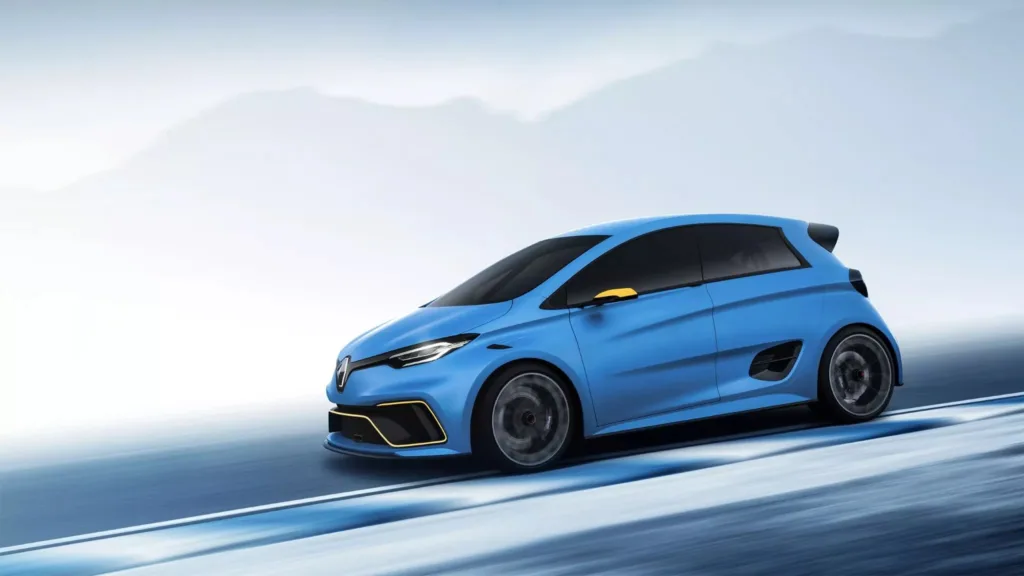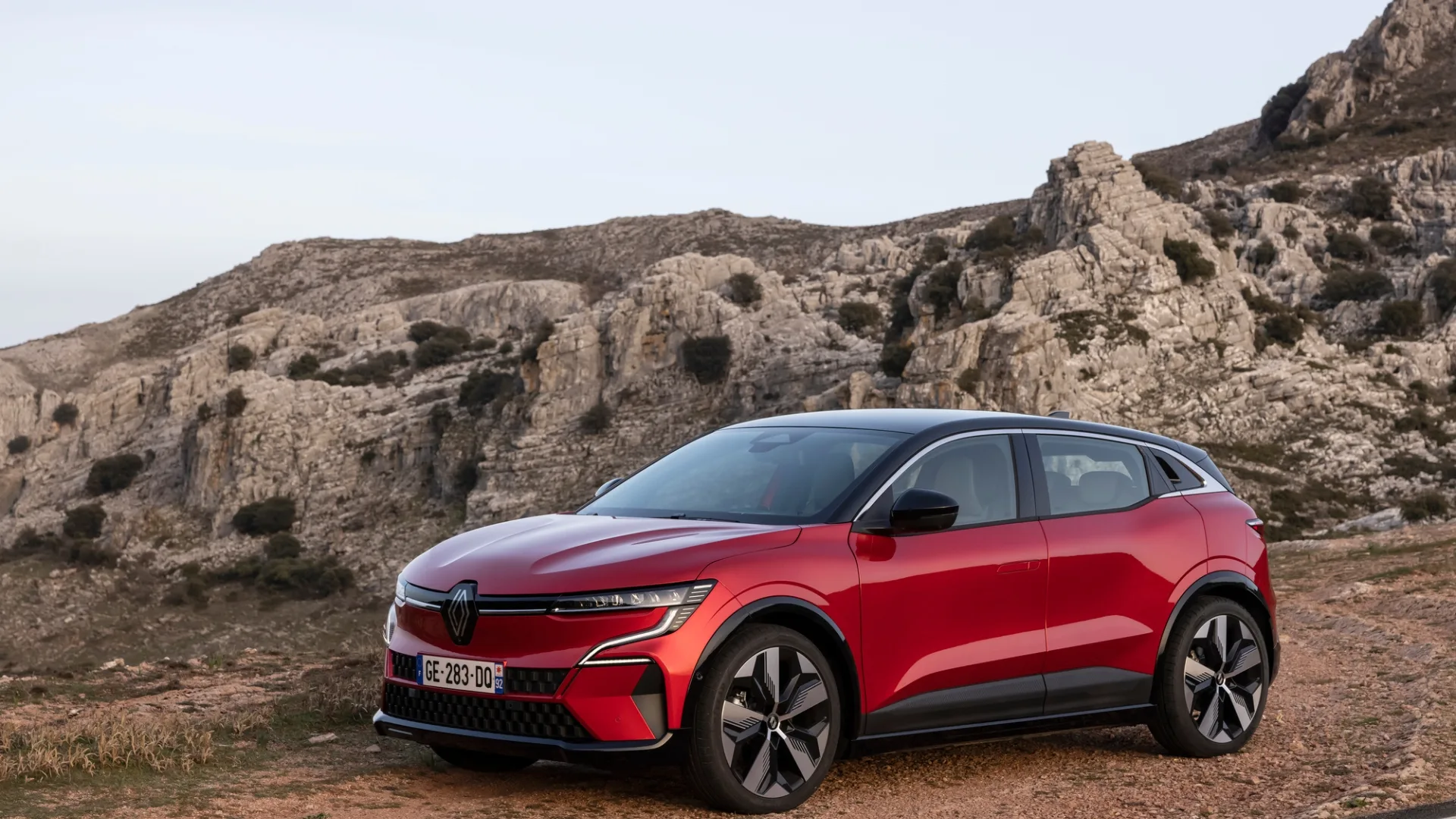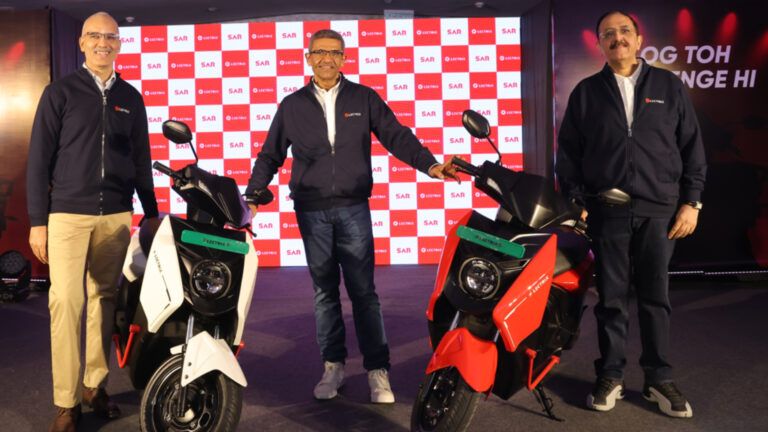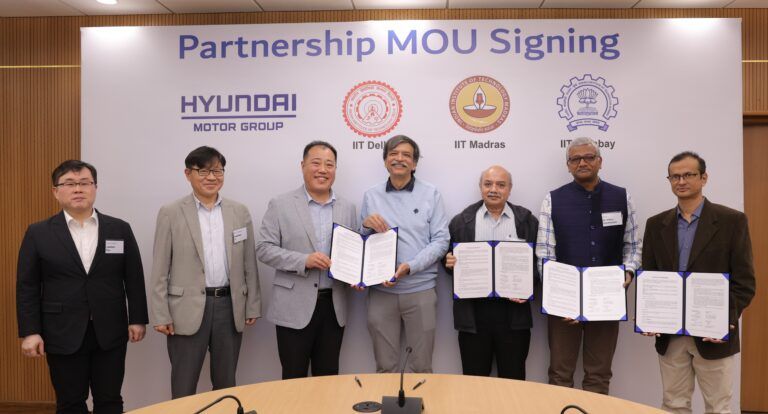Renault, a well-known global carmaker, has presented an ambitious plan targeted at considerable cost reductions and faster vehicle development schedules. Their strategy includes a significant rise in implementing artificial intelligence (AI) into their production processes, with a tenfold increase targeted during the next two years. This strategic initiative aims to reduce production costs, notably for electric cars (EVs), allowing Renault to compete more effectively against lower-priced Chinese EVs in the developing European market.
Renault’s approach includes several critical changes. Over the last four years, the firm has cut its capital investment in half by using more than 300 AI systems, particularly for quality control and inventory management. However, their strategy includes a significant escalation, intending to expand their AI applications to 3,000 systems by the mid-2020s. This growth in AI deployment corresponds with Renault’s goal of halving electric car production costs by 2027, a step critical for remaining competitive in Europe’s EV market, where Chinese EVs are gaining popularity owing to their affordability.

Representative Image
Furthermore, the corporation intends to simplify its vehicle development process, to cut the time necessary for new vehicle construction from three years to two. This faster schedule applies to electric vehicles and improves cost efficiency for their internal combustion engine vehicles.
Renault aims to launch a dozen new vehicle types in the coming year, including an electric version of its popular small car, the Renault 5. Furthermore, the business plans to launch the IPO for its Ampere EV division, with capital from long-term partners Nissan and Mitsubishi.
Renault’s strategy makeover represents a major shift in the company’s operational approach, emphasizing a greater dependence on AI-driven production processes and faster car development. Renault hopes to obtain a competitive advantage in the European market by significantly enhancing their AI integration and shortening vehicle development schedules, particularly in light of the increasing popularity of more cost Chinese-made EVs. Renault seems ready for a revolutionary journey geared at sustainability and commercial relevance, with significant developments in their EV section and ambitions for diversified car releases.








